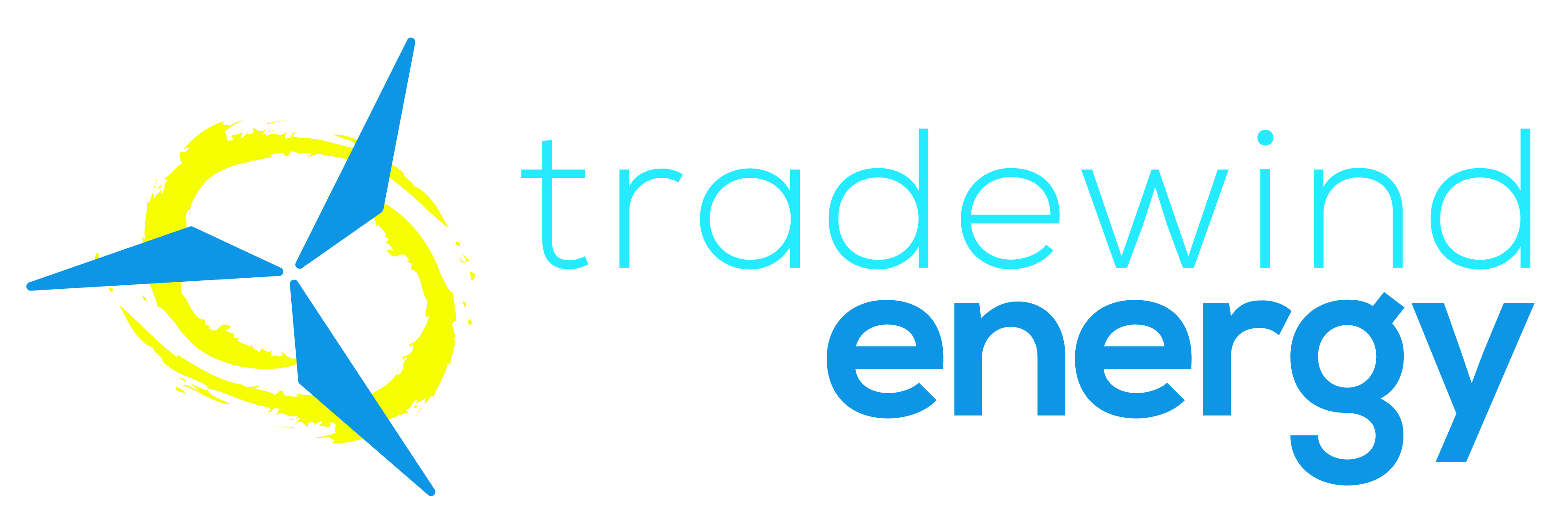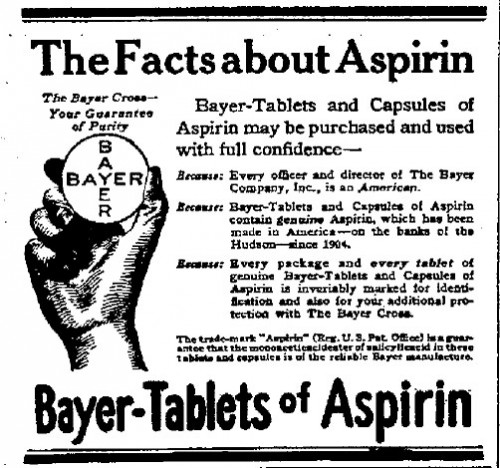I heard about this on NPR a couple weeks ago and meant to post something on it, but spaced it out. Anyway, there are a couple studies out that show that aspirin can reduce the risk of cancer and lower the spreading of it if taken on a daily basis.
This is pretty big news on the cancer front. The study was done at Oxford and was actually trying to establish the benefits of aspirin in relation to heart attacks.
The problem with the whole situation is that aspirin is nearly free compared to other drugs. And that there isn’t a way to make any money from its use to treat cancer, thus, there are not going to be any people/drug companies jumping to do any more long term studies to validate the findings. That seems completely wrong. This would be a good time for our government to spend some funds for the benefit of the people.
Here’s a link to a New York Times article on it.






My doc has told me that everybody over age 40 should take a baby aspirin every day… unless you have particular reasons not to.
To my limited understanding, one of the big contributors for cancer (and heart) risk is inflammation, so the aspirin makes sense.
I’d like to add if Aspirin was invented somewhere in the 20th century, it would have been:
#1 patented with the cost of access to the drug shared by all in a health insurance pool. Is it any wonder the U.S. has the most expensive health care in the world?
#2 available as a prescription requiring a Doctor’s authority for access. Great for the issuing physician with the increased cost spread over all in an insurance pool. I’m not saying every drug should be available over the counter, but there are lots that can be.
Aspirin highlights many fundamental problems with the U.S.’s restrictive intellectual property regulations.
You highlight the failure of privatizing R&D funding very well. It’s another way most Americans are made poorer/worse off in the mad rush to privatize everything.
You make a good point about the lack of financial incentive to further investigate the efficacy of aspirin on cancer prevention. Fortunately there are plenty of academic institutions that will conduct this research 1) because it will be cheap (aspirin is easy to get) and 2) because it is “ground-breaking”.
Ryan,
The way research works now is, researcher gets a grant from Big Pharma in exchange for any rights to a discovery. If Big Pharma can’t profit off the discovery, there is no research funding available.
What happens to a research professor who cannot bring in research grants to publish? She/he teaches at another, non-research college.
Another thing to remember is that colleges and universities get around 40% of every research grant awarded, for “administrative expenses”. If you’re a prof and don’t bring in the big bucks, you’ll end up teaching at a community college. Because of this, and because of the pressure put on by big pharma to have positive results, more and more research is turning out to be fake: http://www.chemistry-blog.com/2009/05/01/merck-faked-a-research-journal/
http://www.cbsnews.com/8301-504763_162-57357720-10391704/red-wine-researcher-dr-dipak-k-das-published-fake-data-uconn/
http://www.sciencedaily.com/releases/2010/11/101115210944.htm
http://www.msnbc.msn.com/id/8474936/ns/health-health_care/t/charges-fake-research-hit-new-high/
and this is the tip of the iceberg…
Don’t be so quick to jump on the aspirin-is-good bandwagon. My girlfriend, a pharmacist, told me that if aspirin were to come out now, it would not be approved by the FDA because it is so hard on the body. Take it from someone who truly understands pharmacology.
Aspirin is a trade name for acetylated salicylic acid, which is synthesized from salicylic acid, which comes from salicin, a component of white willow bark: http://www.rjwhelan.co.nz/herbs%20A-Z/willow.html
What would further research on aspirin prove? We have aspirin, we know that it has a positive effect on a number of things. Take a couple of aspirin every day.